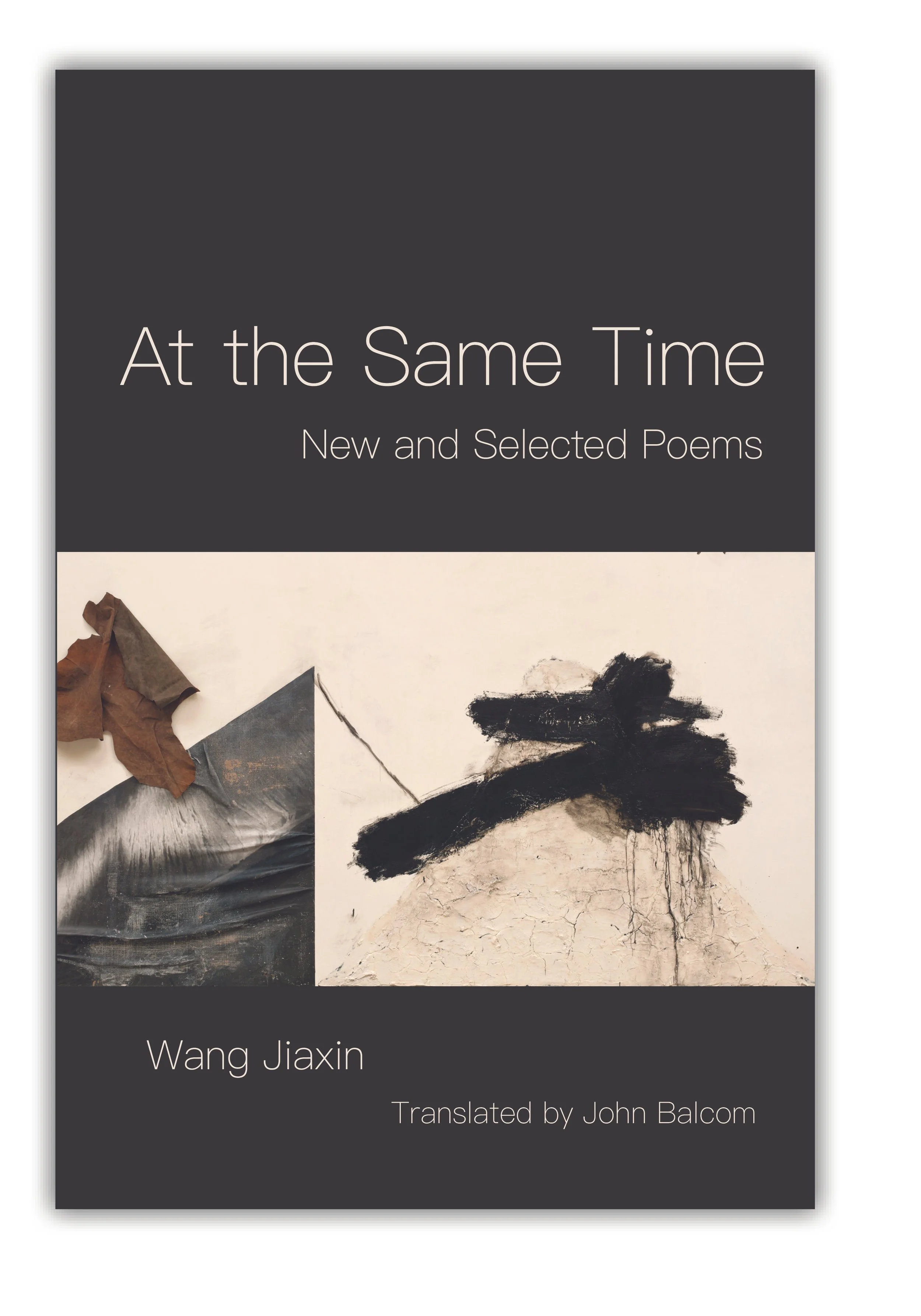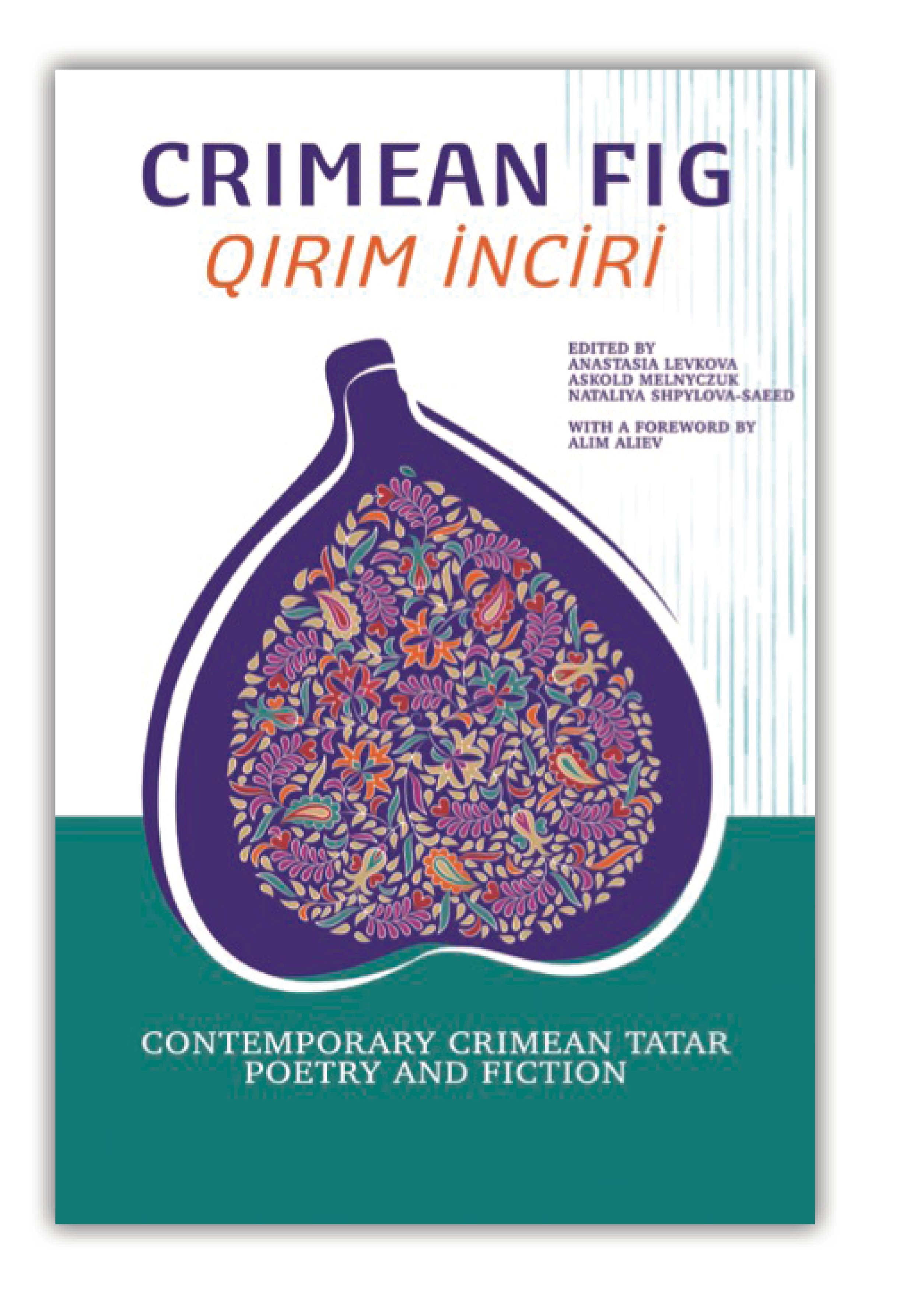 Image 1 of 1
Image 1 of 1


A Crash Course in Molotov Cocktails
“We act like children with our dead,” Halyna Kruk writes as she struggles to come to terms with the horror unfolding around her: “confused,/ as if none of us knew until now/ how easy it is to die.” In poem after devastating poem, Kruk confronts what we would prefer not to see: “a person runs toward a bullet/ with a wooden shield and a warm heart...” Translated with the utmost of care by Amelia Glaser and Yulia Ilchuk, A Crash Course in Molotov Cocktails is a guidebook to the emotional combat in Ukraine.
These stunning poems of witness by one of Ukraine’s most revered poets are by turns breathless, philosophical, and visionary. In a dark recapitulation of evolution itself, Kruk writes: “nothing predicted the arrival of humankind..../ nothing predicted the arrival of the tank...” Her taught, lean lines can turn epigrammatic: “what will kill you will seduce you first,” or they can strike you like Lomachenko’s lightening jabs: “flirt, Cheka agent, bitch.”
Leading readers into the world’s darkest spaces, Kruk implies that the light of language can nevertheless afford some measure of protection. Naming serves as a shield, albeit a wooden one. The paradox is that after the bullets have been fired and the missiles landed, the wooden shield, the printed book, reconstitutes itself.
“We act like children with our dead,” Halyna Kruk writes as she struggles to come to terms with the horror unfolding around her: “confused,/ as if none of us knew until now/ how easy it is to die.” In poem after devastating poem, Kruk confronts what we would prefer not to see: “a person runs toward a bullet/ with a wooden shield and a warm heart...” Translated with the utmost of care by Amelia Glaser and Yulia Ilchuk, A Crash Course in Molotov Cocktails is a guidebook to the emotional combat in Ukraine.
These stunning poems of witness by one of Ukraine’s most revered poets are by turns breathless, philosophical, and visionary. In a dark recapitulation of evolution itself, Kruk writes: “nothing predicted the arrival of humankind..../ nothing predicted the arrival of the tank...” Her taught, lean lines can turn epigrammatic: “what will kill you will seduce you first,” or they can strike you like Lomachenko’s lightening jabs: “flirt, Cheka agent, bitch.”
Leading readers into the world’s darkest spaces, Kruk implies that the light of language can nevertheless afford some measure of protection. Naming serves as a shield, albeit a wooden one. The paradox is that after the bullets have been fired and the missiles landed, the wooden shield, the printed book, reconstitutes itself.





